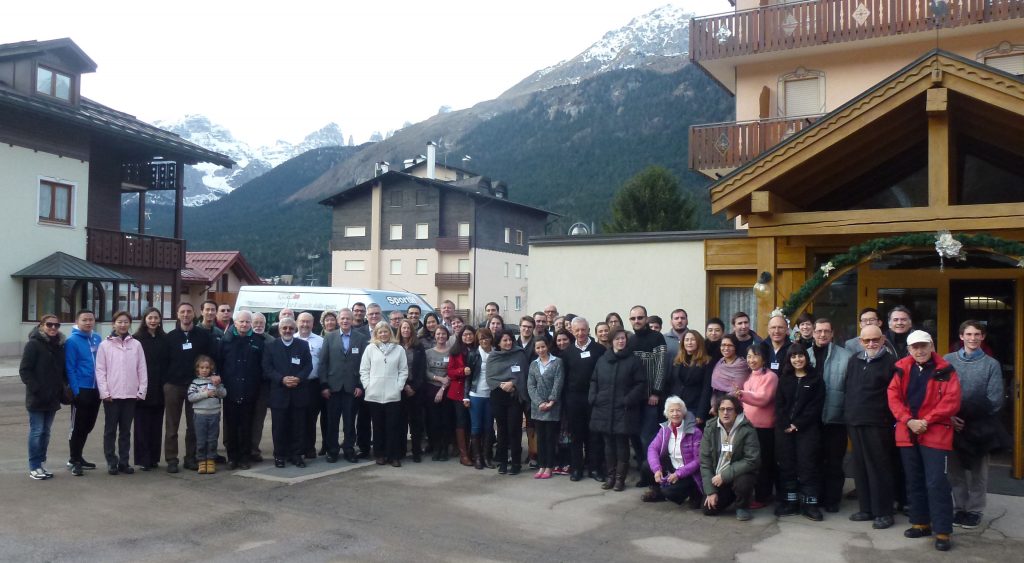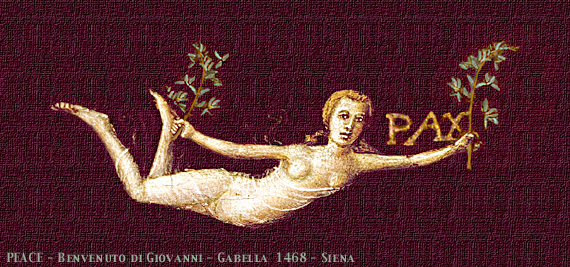Andalo (Trento) 7 – 14 January 2015
| UNIVERSITY OF ROME “TOR VERGATA” | UNIVERSITY OF TRENTO |
| RESEARCH CENTER ON PEACE WAR AND INTERNATIONAL CHANGE (FBK-CERPEG), Trento | FONDAZIONE OPERA CAMPANA DEI CADUTI Rovereto |
| FORUM TRENTINO PER LA PACE Autonomous Province of Trento | UNIONE SCIENZIATI PER IL DISARMO (USPID) Sezione di Trento |
Global Nuclear Governance: Actors, Policies and Issues
Director of the School: Carlo Schaerf (Isodarco, Rome, Italy)
Directors of the Course: Paolo Foradori (School of International Studies, University of Trento, Italy), Tariq Rauf (SIPRI – Stockholm International Peace Research Institute)

Description
Contrary to ill-founded expectations, the end of Cold War did not eliminate the threat of nuclear weapons. Although we have likely escaped the danger of a nuclear Armageddon, the presence and proliferation of nuclear weapons continue to pose a serious threat to today’s global security and the risk of their deliberate or accidental use due to human or technical failure is high.
The concept of global nuclear governance describes the complex, multi-level web of actors, rules, treaties, informal arrangements, initiatives and networks that together form the regime that the international community has over the years set up to deal with the management and regulation of nuclear weapons, their sensitive technologies and delivery means. The fundamental goal of the system of global nuclear governance is to combat the proliferation of nuclear weapons, thereby assuring the safety and security of nuclear material, while also delegitimizing the weapons’ value and helping create the conditions for sustained progress toward disarmament.
The 2015 Isodarco Winter School will address and deepen our understanding of the main elements of the nuclear governance system, review their functions, highlight strengths and limitations, and propose possible remedies to enhance their effectiveness.
The program is divided into three main thematic sections, each of them sub-divided in several presentations: 1) Actors and policies: it will deal with the main actors (organizations, NGO, informal groupings, etc.) comprising the system, including IAEA, CTBTO, UN-ODA, European Union, Humanitarian Initiative, NATO, Arab League, Global Zero movement; 2) Treaties and initiatives: it will consider the key formal treaties and informal arrangements that regulate relations and behaviors in the global governance system, including the NPT, the regime to control missile proliferation (MTCR), ban nuclear testing (CTBT), stop the production of fissile material (FMCT), regulate the export of sensitive technologies and goods (Nuclear Suppliers Group) and prevent non-state actor proliferation (Resolution 1540); 3) Issues: the course will address some of the main outstanding issues that will be likely to characterize the 2015 NPT Review Conference, including nuclear arms reductions, eliminating tactical nuclear weapons, US/Russia relations, IAEA safeguards, the establishment of a WMD Free-zone in the Middle East, humanitarian approaches to nuclear disarmament, the Iranian interim deal and its comprehensive solution, negative security assurances, and nuclear safety and security.

